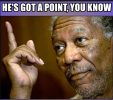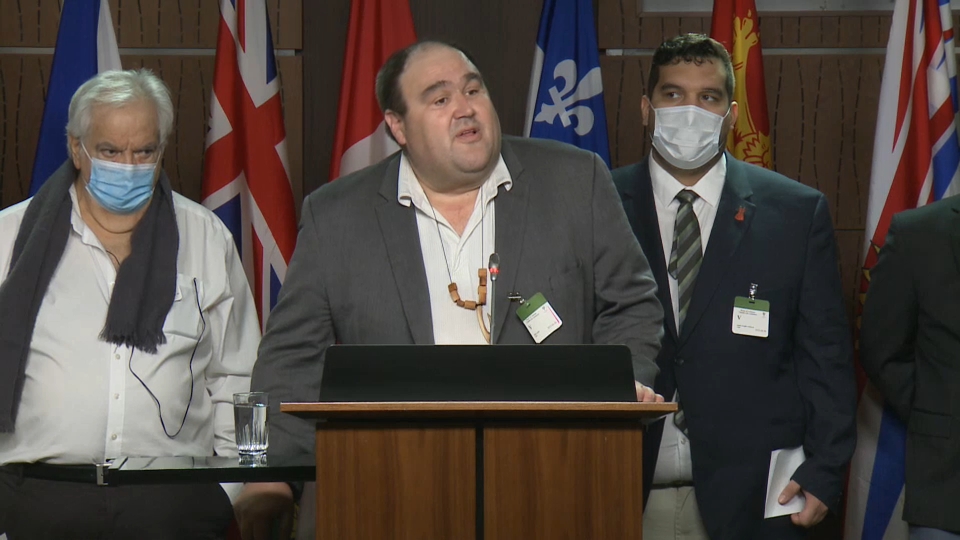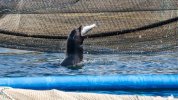Unfortunately, some activists have selectively chosen content out of context as an opportunity to pit Nations against one other to suit the needs of their agenda and stir up further contention within our communities. To outsiders and well-funded activists, UNDRIP and self-determination only apply to First Nations that align with their goals, and their never-ending pressure on governments to deprive our Nations of the right to pursue salmon farming puts our communities at risk.
Leaders in this coalition have experienced the devastation that poverty can cause their members, with high unemployment, addiction, and suicide. Salmon farming has lifted entire coastal Indigenous communities out of poverty, creating meaningful, year-round jobs, providing opportunities for First Nations-owned business to supply the sector, and funding projects that increase the health and resilience of communities, as well as wild salmon through conservation projects.
As coastal First Nations, the protection of wild salmon is our priority, and we would not put centuries of stewardship at risk for short-term gains. The ongoing development of relationships with the sector has seen First Nations taking on governance roles that has resulted in oversight of salmon farming within their traditional territories, which is true reconciliation in action. Some of our Nations are already conducting oversight with environmental monitoring and Guardian programs.
By managing the waters and its resources which we have overseen for millennia, coastal First Nations are positioned to lead Canada’s Blue Economy, encourage new investment and innovation, create good jobs for our members, and work together to recover from the socio-economic impacts of the pandemic.
We can only fulfill that potential if the governments of Canada and B.C. hear our voices over the noise of others, re-issue the licences in our territories, and help our Nations achieve economic self-determination, as is our sovereign right. That is how you practice true reconciliation.
Dallas Smith
Spokesperson for the coalition of First Nations for Finfish Stewardship
Tlowitsis Nation

firstnationsforfinfish.ca








